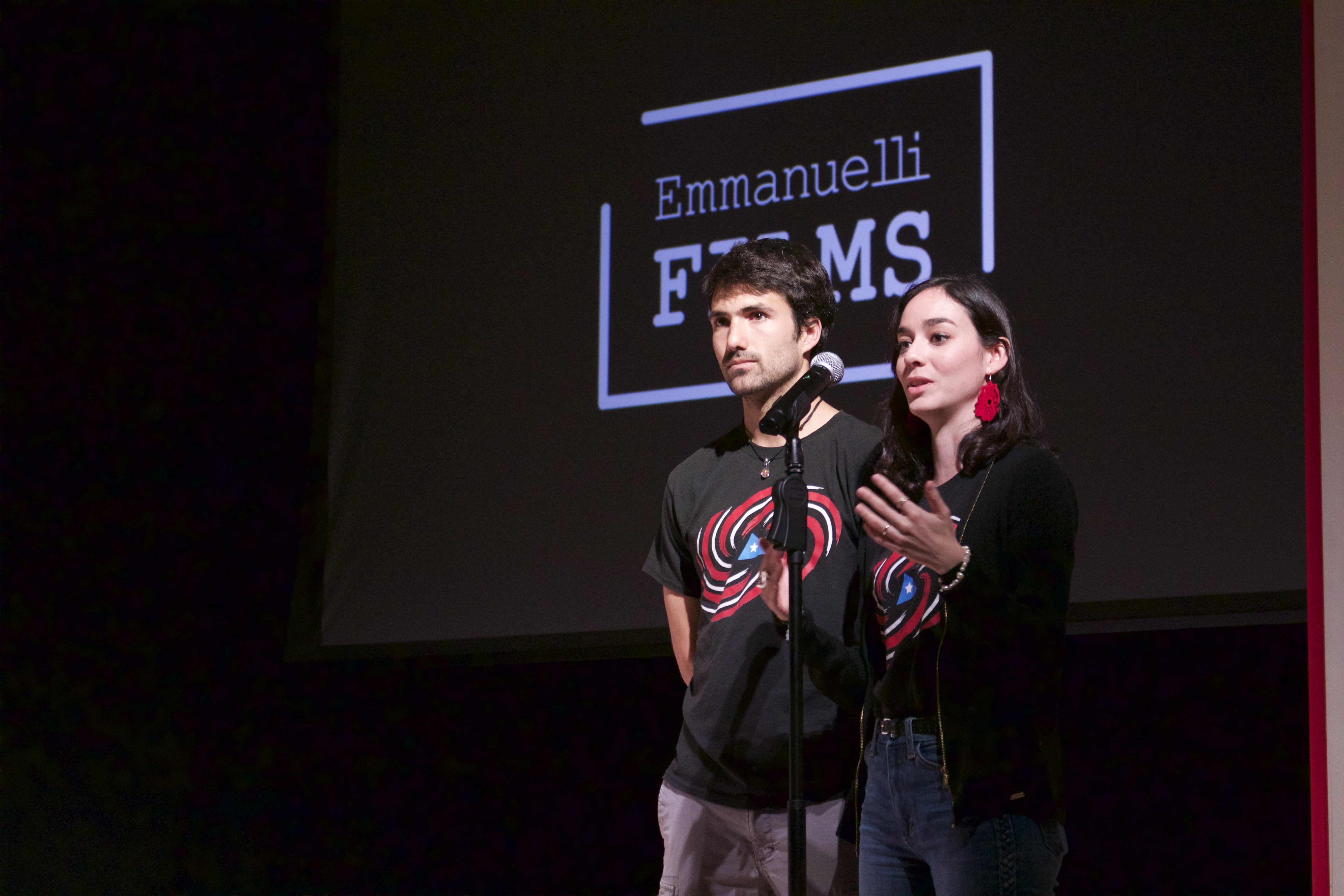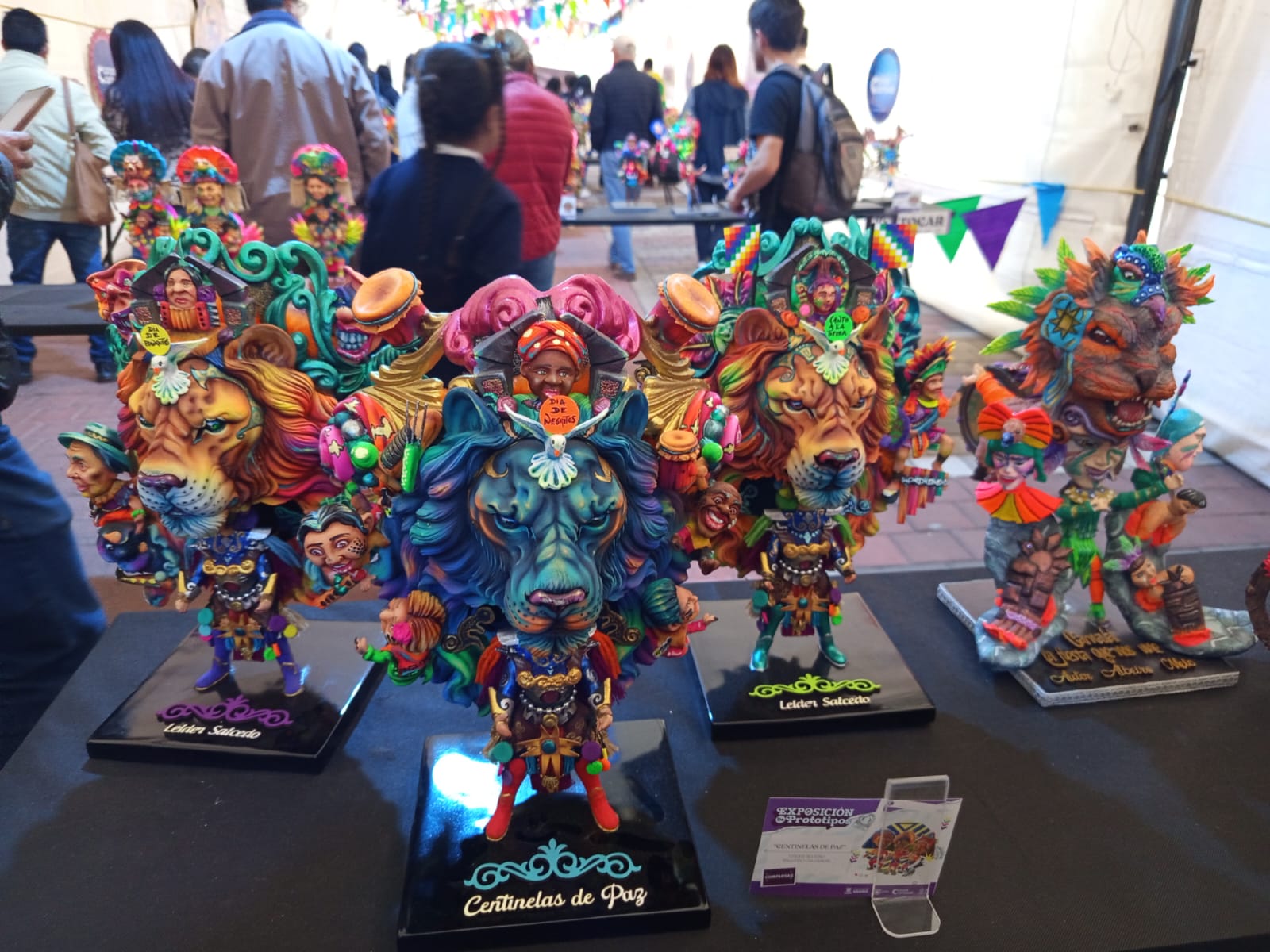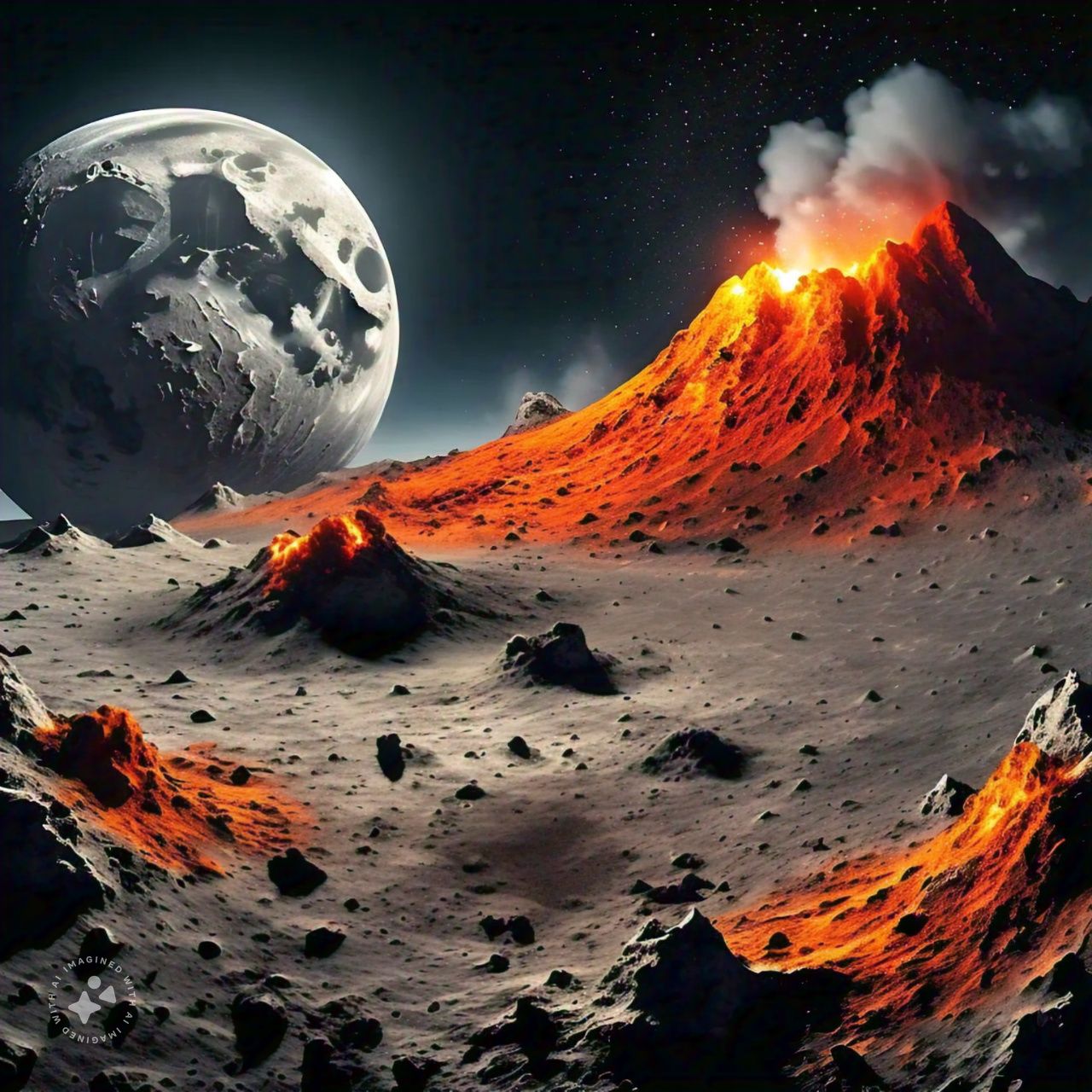
Jurakan: Finding the True History of Puerto Rico
What does it mean to be a colony? It’s a question filmmakers Rosa Emmanuelli Gutiérrez and Gonzalo Mazzini have wrestled with since 2014. The fruit of that struggle was their debut documentary film, Jurakan: Nation in Resistance. The film explores the complicated circumstances of Puerto Rico’s history, and celebrates the island’s culture, people and struggle for a place in the world.
The origins of the project date back to when both Mazzini and Gutiérrez were at university. One summer, Gutiérrez invited Mazzini to visit her in Puerto Rico. While taking in the food, culture and natural beauty of the island, Mazzini noticed Puerto Rican and U.S. flags flying alongside each other. He asked Gutiérrez why that was.
“I answered very quickly that the reason that there is the Puerto Rican flag next to the U.S. flag in all governmental buildings in Puerto Rico is that Puerto Rico is a colony of the United States,” she said.
This shocked Mazzini. Originally from Mexico, he’d encountered his fair share of proud boricuas, but didn’t know of their country’s status within U.S. bureaucracy.
“How can a country be so prideful of who they are, but not be independent? That was my question,” he said.
The question had a profound effect on Gutiérrez. She is Puerto Rican and knew about the U.S.’s possession of the island, but hadn’t thought just how pervasive its presence was within Puerto Rican society.
“It made me start questioning in what other ways does colonialism affect my life as a Puerto Rican and the rest of Puerto Ricans in Puerto Rico and in the United States?” she said.
Without giving too much of the movie away, Mazzini and Gutiérrez’s quest to answer their burning questions led them all across Puerto Rico. Jurakan traces the island’s colonial history. It begins with the Spanish conquistadores, and follows the change of hands with the U.S. after the Spanish-American War. It then documents the various conflicts that followed with the U.S. government, involving figures oft-misrepresented, such as Don Pedro Albizu Campos.
The film paints the picture of nation and people traded as a commodity between world powers. Its abundant resources have been abused by these powers to no benefit for the people. Despite this systemic oppression, the film also captures the resiliency of the Puerto Rican people and their culture in the face of such gross mishandling and denial by the U.S.
It’s a history the overseers have long tried to cover up both in the U.S. and in Puerto Rico. Cited in the film is the textbook distributed by the U.S. government in Puerto Rico’s schools. Historia de Puerto Rico is not written by a Puerto Rican, but Paul G. Miller, a soldier once stationed on the island. There have been 14 editions of the textbook published since its first edition in 1922.
It’s just as bad in the U.S.
CONTENIDO RELACIONADO
“We do not learn about this here,” said one of the attendees during a question and answer session with the directors at Friends Select School.
Friends Select juniors Sophia Becker and Sophie Gilbert had to participate in extracurricular programming to learn anything about Puerto Rico. It shed light on the shortcomings of their regular curriculum.
“We don’t talk about some really prominent stuff at school, that’s kind of weird,” said Gilbert. “And Puerto Rico’s one of them.”
Both say that even after the events of Hurricane Maria, their curriculum still seldom mentioned the island. They also found that Puerto Rico’s story ran counter to much of what is taught in their classrooms about colonialism.
“It’s pretty much a colony of the United States and we all grow up learning that colonies are a bad thing that the Americans fought against,” said Becker. “Nowhere in our history curriculums, no matter how liberal and inclusive they are, does it ever come up.”
Jurakan was suggested to Becker and Gilbert by Temple University professor, Hortensia Morell, who had seen it in the fall at Taller Puertorriqueño. It was the perfect match for what they were looking to share with their school and city.
“Telling the story of Puerto Ricans through the diverse group of Puerto Ricans and specifically touching on colonialism really felt important to us,” said Gilbert.
They reached out to Gutiérrez and Mazzini, and heard back immediately. The pair was thrilled to add another date to its second U.S. tour of the film.
After Philadelphia, the filmmakers visited New Orleans for a showing on April 11 and still have 10 dates left across the U.S. The tour ends on May 30 in San Francisco, CA.










DEJE UN COMENTARIO:
¡Únete a la discusión! Deja un comentario.